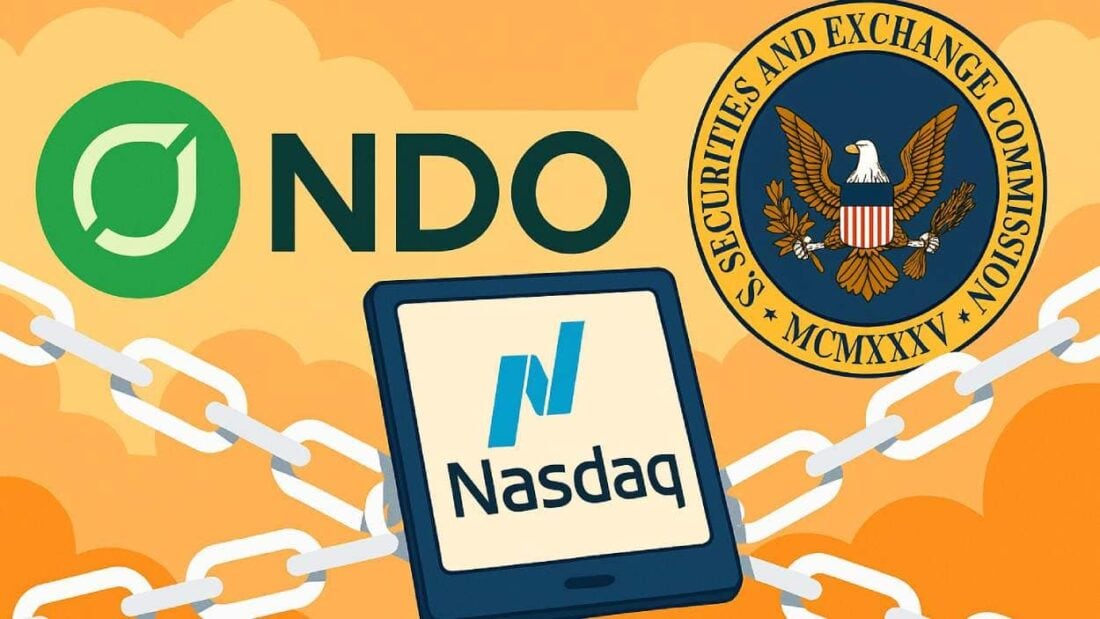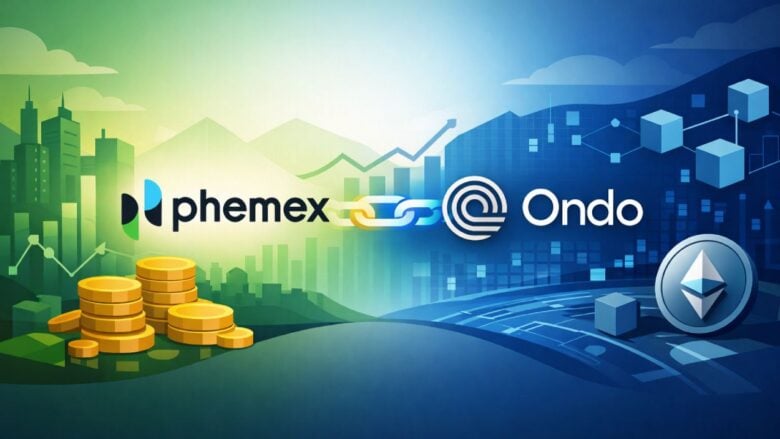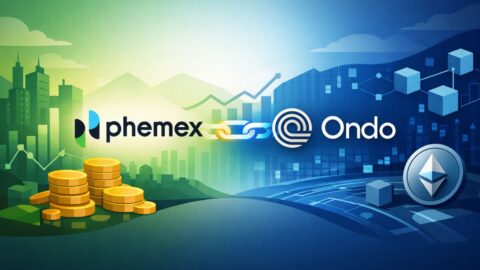Nasdaq’s ambitious plan to bring tokenized stocks to traditional markets has drawn pushback from Ondo Finance, which is urging the U.S. Securities and Exchange Commission (SEC) to demand greater transparency before giving the green light.
Key Takeaways
- Ondo Finance is calling on the SEC to delay approval of Nasdaq’s tokenized securities proposal until more details are shared publicly.
- Concerns center on the lack of transparency around how the Depository Trust Company (DTC) will handle settlement of tokenized assets.
- Ondo warns that early access to DTC’s undisclosed systems could give larger firms unfair market advantages.
- The SEC’s decision could shape the future of tokenized finance and how blockchain integrates with existing financial markets.
What Happened?
Ondo Finance submitted a formal letter to the SEC requesting a pause on Nasdaq’s proposal to settle tokenized securities through the DTC. The startup claims the plan lacks crucial public information, particularly about how DTC’s infrastructure will work with tokenized stocks and ETFs. Ondo argues that approving the rule in its current form could jeopardize market fairness and transparency.
Today, we submitted an open letter to the SEC in response to Nasdaq’s proposed rule changes regarding the trading of tokenized securities.
— Ondo Finance (@OndoFinance) October 17, 2025
Tokenization is shaping the next generation of financial infrastructure, and as a leader in real-world asset tokenization, we believe this… pic.twitter.com/IHaiOkSwsU
Nasdaq’s Tokenization Plan Sparks Industry Debate
Nasdaq has filed a proposal, labeled SR-NASDAQ-2025-072, to begin listing and settling tokenized versions of securities such as stocks and ETFs. These digital representations would be cleared through the DTC, a central figure in U.S. securities settlement. Nasdaq believes this innovation can be rolled out without reducing investor protections.
Ondo Finance, however, sees major gaps in the process. In its letter, the company claims Nasdaq’s filing relies heavily on assumptions rather than confirmed operational details from DTC. With no public disclosure on how these tokenized settlements would function, Ondo says both regulators and competitors are being left in the dark.
Peter Curley, Ondo’s head of global regulatory affairs, emphasized that Nasdaq’s early access to DTC’s tokenization framework could create competitive imbalances. He suggested that the SEC should either push DTC to disclose more or open formal proceedings to consider rejecting the proposal outright.
Market Fairness and Investor Protection at Risk
Ondo’s criticism is not about tokenization itself. The firm supports blockchain innovation in finance, managing tokenized products like money market funds and U.S. government securities. Still, it insists that such changes must proceed with open standards, fair access, and public oversight.
The lack of public documentation about how DTC plans to handle tokenized clearing is especially problematic. Ondo believes this could allow certain large financial institutions to gain a head start, leaving smaller players behind and raising costs across the board.
Nasdaq has reportedly acknowledged that its proposal may need adjustments depending on how DTC’s systems evolve, but it has not provided a firm operational framework to support its claims.
Regulatory Pressure Intensifies
The SEC is already watching tokenization closely. Commissioner Hester Peirce recently referred to it as a “high priority,” reflecting its potential to transform the market. Still, regulators face a balancing act: enabling innovation while maintaining investor protection.
Benjamin Schiffrin, director of securities policy at Better Markets, echoed Ondo’s concerns. He cautioned against fast-tracking initiatives under the guise of innovation. “It’s not clear that investors need tokenized securities,” he said. “The SEC’s job is to protect them, not to do what the crypto industry wants.”
While Nasdaq declined to comment publicly, the pressure from Ondo and others suggests the path to regulated tokenized cryptocurrency trading will be a slow one.
CoinLaw’s Takeaway
I see this as a classic case of innovation clashing with infrastructure. In my experience, rapid tech adoption without full transparency always leads to uneven outcomes. Ondo Finance is doing the right thing by asking tough questions. If tokenized securities are going to reshape the market, then everyone, especially regulators needs a crystal-clear view of how it will all work. I found Ondo’s approach especially smart: they are not opposing tokenization, just demanding that it happens the right way. That’s how trust is built in financial innovation.


































































